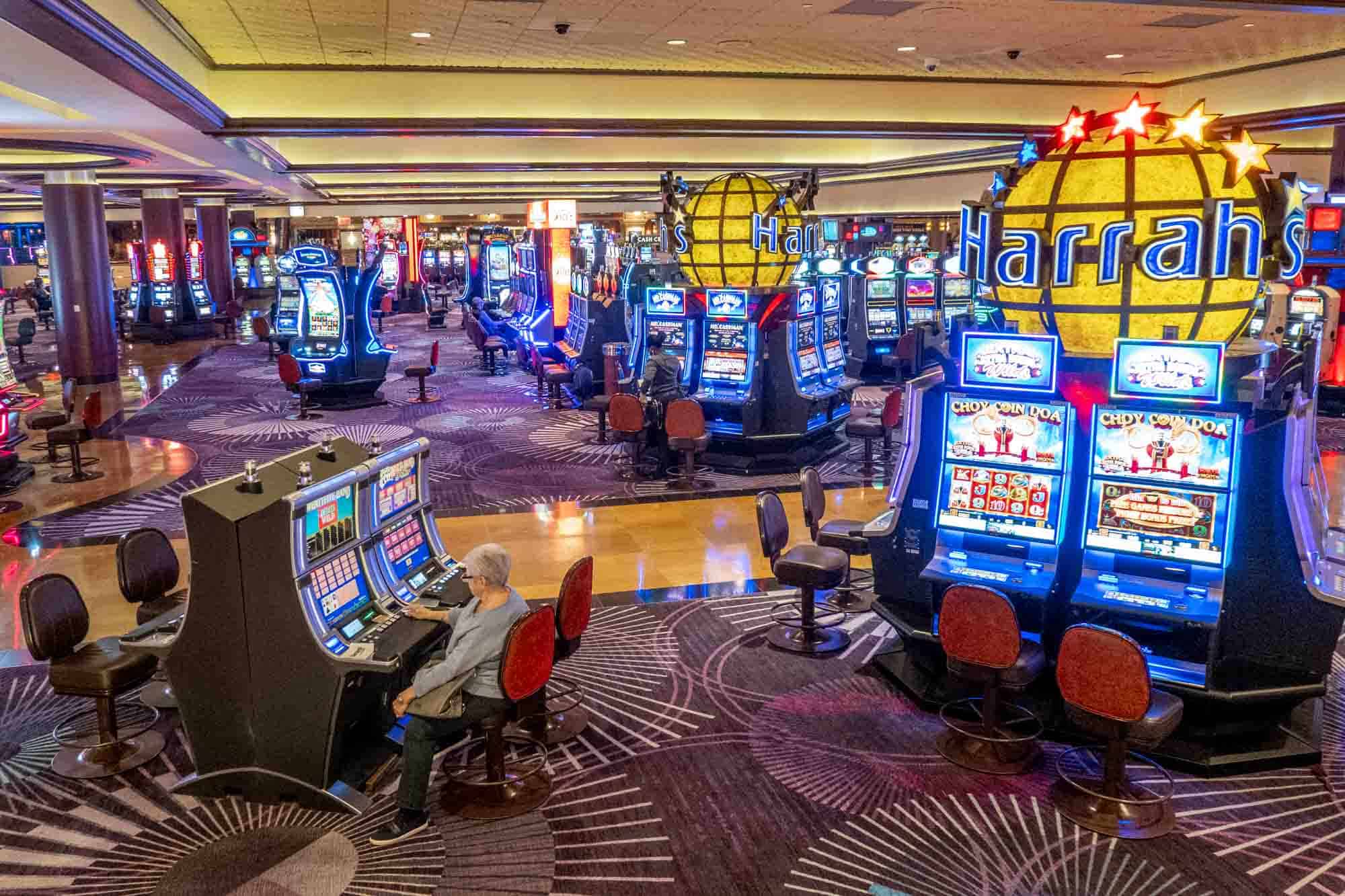
Casino entertainment have long been a captivating form of entertainment, drawing millions of players from varied cultures around the globe. From the lively casinos of the Strip to the busy gambling halls of the Chinese gambling capital, these games serve as a common thread that unites people across different backgrounds. The allure of chance, skill, and uncertainty entices not only those hoping to win money but also those seeking a feeling of belonging. https://789winn.io/
The cultural impact of casino games extends far beyond the gaming floor. They often embody the cultural standards and principles of the societies in which they thrive. Games such as seven-card stud, pontoon, and roulette have woven themselves into the tapestry of mainstream culture, influencing everything from films to fashion. As we explore this fascinating intersection of chance and society, we can comprehend better how these games shape and are affected by the surrounding world.
Historical Evolution of Casino Games
The roots of casino games can be followed back to ancient civilizations, where gambling in different forms was extensively engaged in. In the East, around 2300 BC, a type of luck game known as Keno was common, while in ancient the Roman Empire, soldiers would frequently gamble on the results of their matches. The concept of using luck for fun and income progressed over the years, leading to the establishment of more formal activities. By the end of the Middle Ages, gambling houses started to emerge in European nations, notably in Italy, which presented early forms of famous activities still played today.
As betting expanded popularity in Europe, the 17th and 18th centuries saw the appearance of gambling establishments as exclusive locations for gaming. The earliest official gambling house, the Ridotto, was founded in the Venetian city in 1638, featuring activities like Baccarat and Faro. This time marked a significant shifting point, as gaming venues commenced to attract not just the high society but also the burgeoning middle class. The sophistication of games increased, leading to the creation of new regulations and modifications that improved the play experience.
In the 19th century, the era of industrialization and transformations in social conventions also changed the environment of gaming games. The introduction of the game of roulette and modern slot machines pulled in a broader clientele, and gaming houses became seen as legitimate forms of fun. This period witnessed the international spread of casino activities, as gambling houses extended from Europe to the Western Hemisphere, culminating in the creation of the legendary Las Vegas Strip in the 1900s. The progress of gambling games has continued into the modern era, integrating technology and digital platforms, allowing them open to a worldwide audience.
## Cultural Importance across Different Societies
Casino activities have profound cultural and social importance in a multitude of societies around the globe. For instance, in Las Vegas, the very core of the city is woven around gambling establishments, where gaming is not just a pastime but a central aspect of entertainment and community life. The vivid lights and vibrant atmosphere attract a vast audience, showcasing how casino games can impact local economical structures and local cultures. This setting transforms the notion of recreation into an immersive experience that affects apparel, sound, and even cinema.
In contrast, some societies treat wagering with more caution, considering it through the lens of morality and tradition. For example, in various Eastern communities, games like Mahjongg and Pai Gow Poker are rich with history and possess significant social meanings. These games are often played during meetings and festivities, fostering community bonds and strengthening family ties. The act of participating in these games goes above mere leisure, reflecting principles such as respect for elders and the importance of collective enjoyment.
Simultaneously, in Western countries such as Monte Carlo and Italy, gambling activities serve as symbols of wealth and refinement. The refined atmosphere of these locations attracts both visitors and locals, upholding a sense of distinction and rarity. The art of Texas Hold’em and the strategic elements of games like the game of baccarat are celebrated, shaping interpersonal interactions and cultivating an attraction that captivates a diverse audience. This highlights how games of chance can concurrently reflect and influence societal views towards danger, gain, and social interaction.
Financial Influence and Travel Industry
Casino games play a significant role in the financial context of many areas, particularly those that depend significantly on tourism. The revenue produced from gambling establishments fuels local financial systems, creating jobs not only within the casinos but also but also in connected industries such as hotel management, dining, and recreation. This influx of tourists, drawn by the allure of games and the overall gaming environment, stimulates spending across multiple local enterprises, contributing to the economic vitality of the area.
The presence of casinos often leads to the construction of infrastructure, including hotels, public transit, and leisure amenities. These developments are essential in improving the overall visitor satisfaction, making locations more attractive to visitors. Additionally, many casinos invest in local communities through support of events and charitable activities, further integrating themselves into the community structure of the locality. Such investment not only supports economic growth but also cultivates a positive image of the casino industry.
In addition, the global popularity of casino games drives tourism competition, with regions vying to attract players from around the world. Iconic destinations like Las Vegas and Macau have become synonymous with casino culture, drawing millions each year. This advantage encourages innovation and variety within the gambling sector, influencing developments in entertainment and hospitality that extend beyond their borders. The ripple effects of this visitor influx extend far, impacting local economies and cultural exchanges on a global scale.
